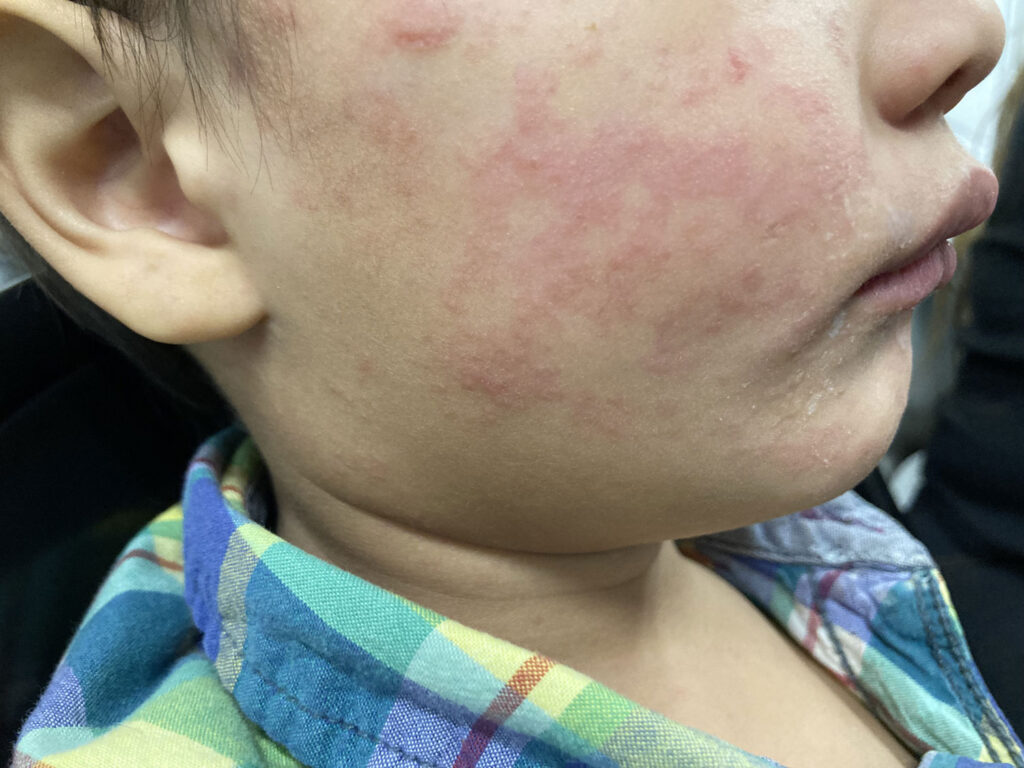March 21, 2025
What to Know About the Current Measles Outbreak in the US

The Measles outbreak in West Texas and cases in other states have been getting a lot of media attention. Measles risk in Massachusetts currently is very low. The basic facts are below:
- Measles outbreaks occur mainly among unvaccinated individuals.
- Vaccines are safe and provide very effective, long-term protection against measles.
- The risk of getting measles is extremely low for people who have been vaccinated.
- Measles vaccination rates in Massachusetts are very high.
- There have not been any reported cases of measles in Massachusetts so far this year.
Background
Measles is a disease caused by a virus that is highly contagious and spreads very easily from person to person through respiratory particles. Approximately 90% of unvaccinated persons exposed to the measles virus will develop symptoms.
Measles looks and feels like a cold or the flu at first. High fevers, cough, runny nose and red, watery eyes are common. A few days later, a red, blotchy rash appears on the face, and then spreads to the rest of the body.
While most people fully recover from measles, rare but serious complications including death can occur. Measles can cause pneumonia (infection of the lungs) and encephalitis (swelling of the brain). Measles is most dangerous for children under 5 years of age, adults over 20 years of age, pregnant persons, and people with weakened immune systems.
Most measles cases in the US are acquired from exposure during international travel. Healthcare personnel, people traveling to areas with outbreaks, people attending colleges or other post-high school educational institutions, and people who are at higher risk for getting very sick should make sure that they are up to date with their vaccines.
Are you protected against measles?
You are considered up-to-date on the measles vaccine if you:
- Have two doses of the MMR (Measles, Mumps, Rubella) or MMRV (Measles, Mumps, Rubella, and Varicella) vaccine
OR
- Were born before 1957 (People born before 1957 are considered immune because measles was widespread then and most people were naturally exposed.)
There is an exception for some individuals who received a vaccine between 1963 and 1967. Although most people received an effective vaccine during this period, some people received an inactivated version of the vaccine and may need a booster. People who were vaccinated during this time period should check with their healthcare provider.

The Cambridge Public Health Department is monitoring the national measles situation and will update the community if local circumstances change.
